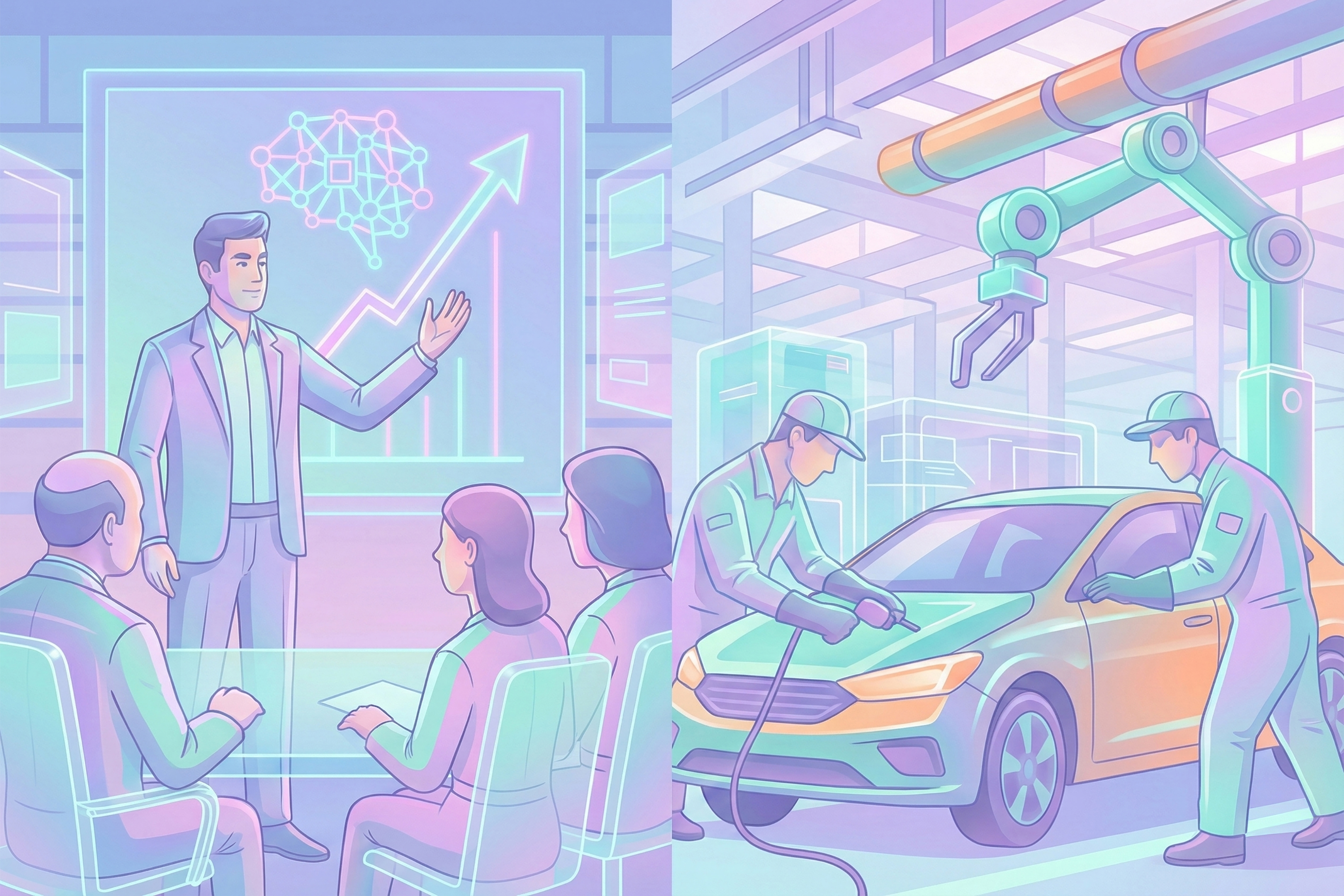
Commercial cloud gaming services have been around for a few years, without much success (e.g. OnLive, Gaikai, G-cluster). However, emerging technologies, consumer shifts among gamers, and new services in the industry indicate that cloud gaming might become much more prominent in years to come.
Cloud gaming systems offload the processing burden of videogames to remote data centers. As such, the most important challenge for cloud gaming is enabling stable network bandwidth with low latency (some gamers can perceive less than 40 milliseconds response delay). Therefore, developments around 5G, AI and cloud and data storage will boost cloud gaming (e.g. reducing latency, boosting processing power). Moreover, the trends of mobile gaming taking an increasing share of the gaming market and ‘simple’ online multiplayer games gaining massive popularity (e.g. Fortnite, Battlegrounds) both fit cloud gaming’s essence of reduced complexity for optimal performance. Tying into these trends, Sony (Playstation) and Microsoft (Xbox), as well as Nvidia and Tencent, are investing in cloud gaming: Sony has bought OnLive and Gaikai and is running a subscription service for games, while Microsoft has a similar service and has launched a new cloud gaming division and could make its content available on any device.
Both gamers and developers will benefit from cloud gaming systems. Gamers will be able to play games anywhere, anytime and avoid regularly buying hardware, while developers and publishers will be able to bypass retailers, reach more gamers, and prevent piracy. Eventually, cloud gaming will enable what is currently promised by WNDR, as shown in this video: playing games anywhere, anytime, on any device, using your smartphone as a controller.


